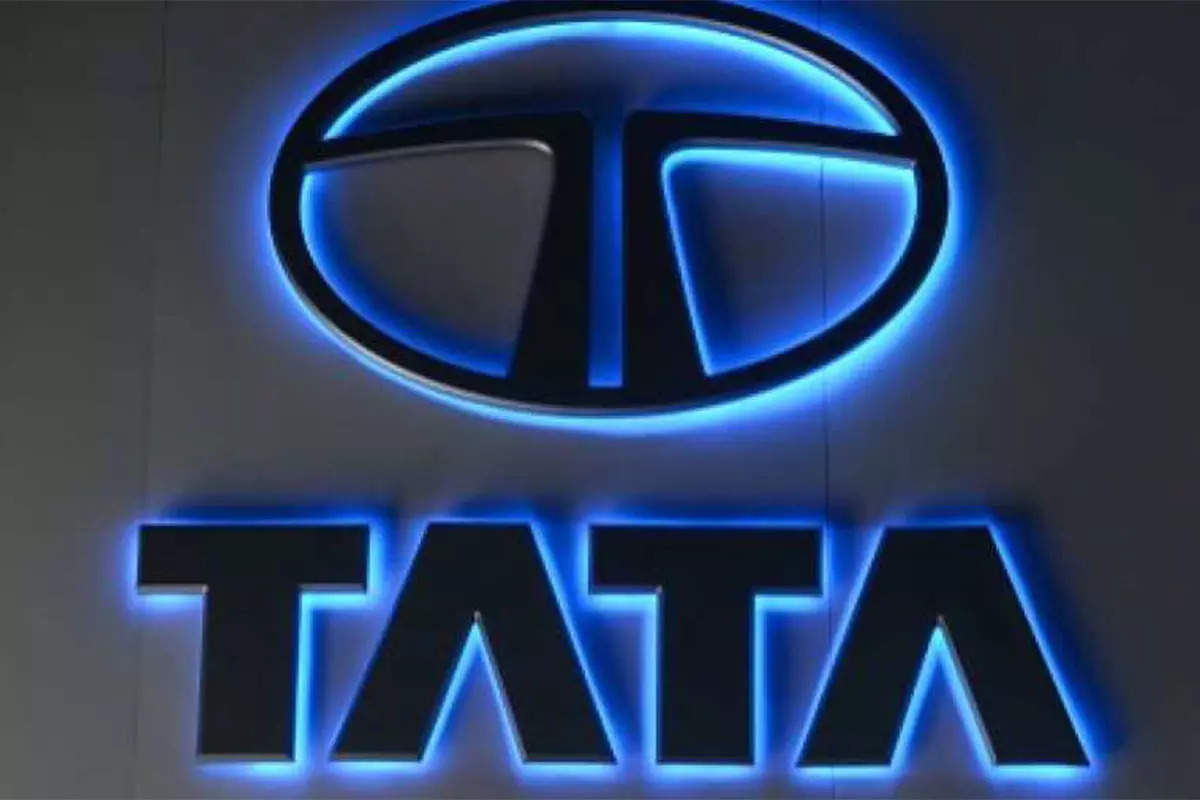
New Delhi: Tata Motors Group, operating as three independent business units of Commercial Vehicles (CVs), Passenger Vehicles (PVs) and Jaguar Land Rover (JLR), believes that the global automotive industry, including the premium passenger car segment, is highly competitive and competition is likely to further intensify in the future, including as a result of new industry entrants.
“Factors which affect the entire automotive industry, may impact us more negatively than they might impact our competitors, given each market participant’s individual circumstances. There can be no assurance that we will be able to compete successfully in the global automotive industry,” said the company while listing out its risk factors in the annual report for FY22.
According to the company, in the premium automotive sector, its competitors may intensify their efforts to remain competitive in established markets while at the same time focus on developing a presence in developing markets. “There is also a trend toward consolidation in the automotive industry to mitigate the costs of the market shift toward electrification, which has the potential to strengthen our competitors’ market position.”
In the Indian market too, Tata Motors noted that it faces strong competition from the automobile OEMs.
“We also face strong competition in the Indian market from domestic and foreign automobile manufacturers. Improving infrastructure and growth prospects in India, compared to those of other mature markets, have attracted a number of international companies to India, either through joint ventures with local partners or through independently owned operations in India,” said the automaker.
“International competitors may bring with them international experience, global scale, advanced technology and significant financial resources. Consequently, domestic competition may further intensify in the future,” it added.
India’s largest CV manufacturer stated that it has seen increased competition for this business for several years, “which has placed some pressure on our market share of the segment. If our share of this market segment is substantially impacted, our business, prospects, financial condition and results of operations may be materially and adversely affected.”
The global wholesales of Tata Motors grew by 20% to 10,86,734 units in FY22, compared to 9,02,648 units in FY21. Its revenues stood at INR 2,78,454 crore, 11.5% higher than INR 2,49,795 crore in FY21.
However, the company’s free cash flow (automotive- post interest) in FY22 was negative at INR 9,472 crore, as against positive INR 5,317 crore in FY21.
Supply chain disruptions
Tata Motors said that globally, it is witnessing certain supply chain disruptions as a result of China’s lockdowns and dealership closures possibly resulting in negative EBIT and negative free cash flows in the first quarter of FY 2022-23 for JLR. The company added that its domestic business is also likely to witness a negative impact on financial performance.
“If we are unable to ensure a supply of critical parts from China for production, we may be forced to stop production in some or all of our plants, which will have a significantly negative impact on our cash flow in the future,” Tata said.
“Similarly, we are also witnessing a temporary decrease in demand. These lockdowns have also led to some dealerships in some regions of China to temporarily close, which may have an adverse impact upon our sales outlook in FY 2022-23,” it added.
Tata also shared that it is exposed to supply chain risks relating to the availability of lithium-ion battery cells, which are critical for EV production.
COVID-19 impact
Even as the COVID-19 pandemic has largely subsided in most of the key regions, the automaker expects that it will continue to experience an adverse impact to its business due to the global economy.
“Specifically, difficult macroeconomic conditions, such as decreases in per capita income and level of disposable income, increased and prolonged unemployment or a decline in consumer confidence as a result of the COVID-19 pandemic could have a continuing adverse effect on demand for our products, as well as limit or significantly reduce points of access to such products,” it said.
“The disruption caused by the COVID-19 pandemic may force us to change, in whole or in part, our strategic plans for the future,” Tata Motors added.
Also Read:

